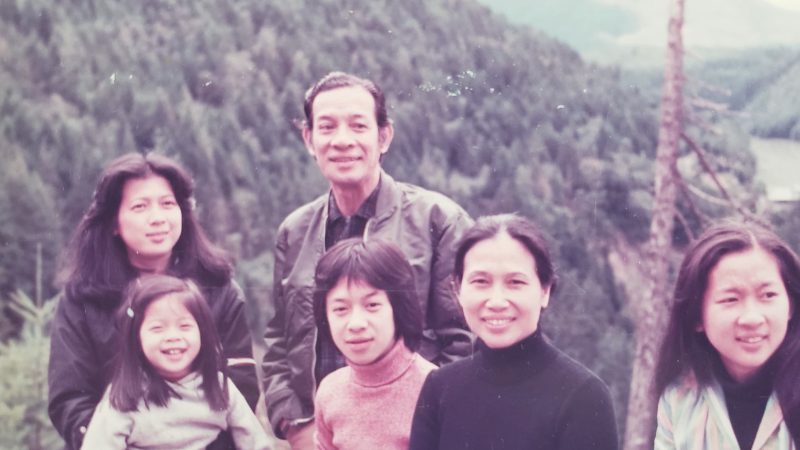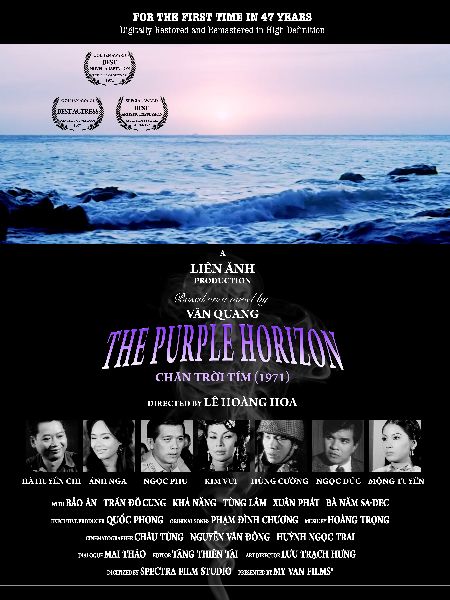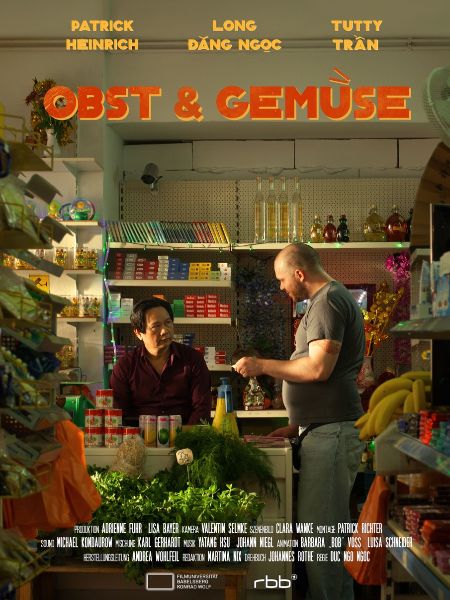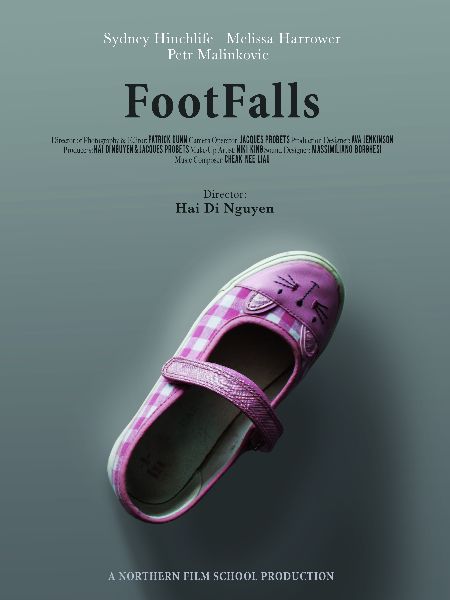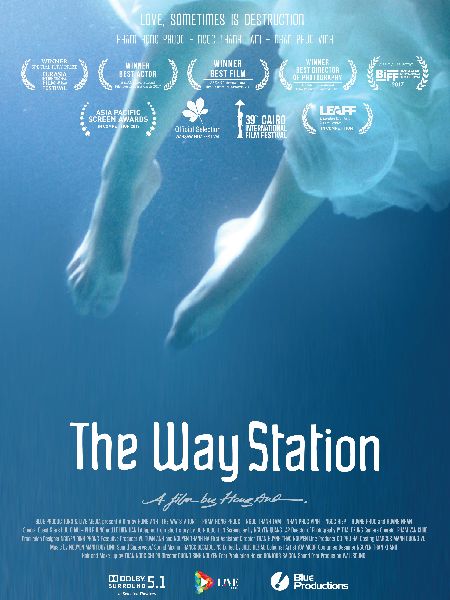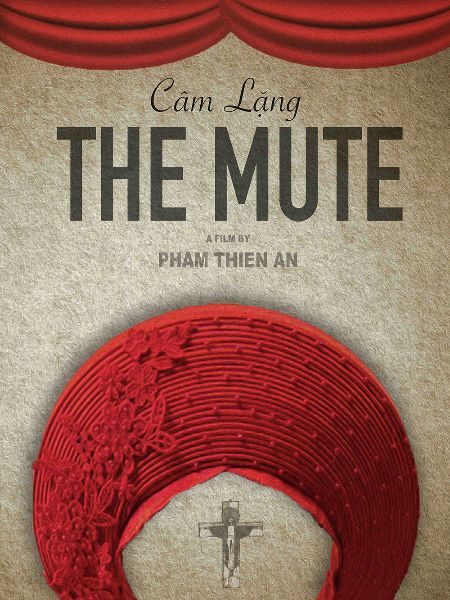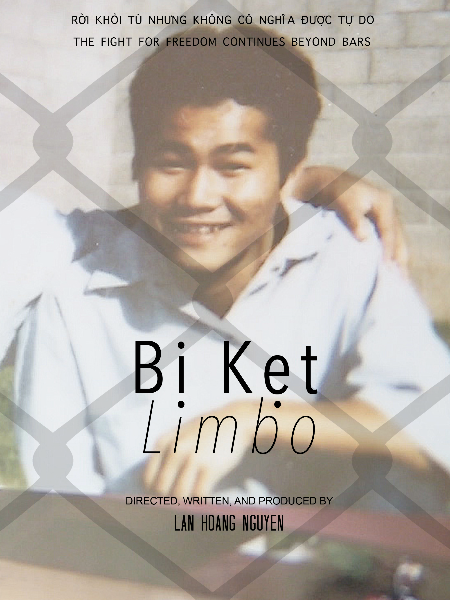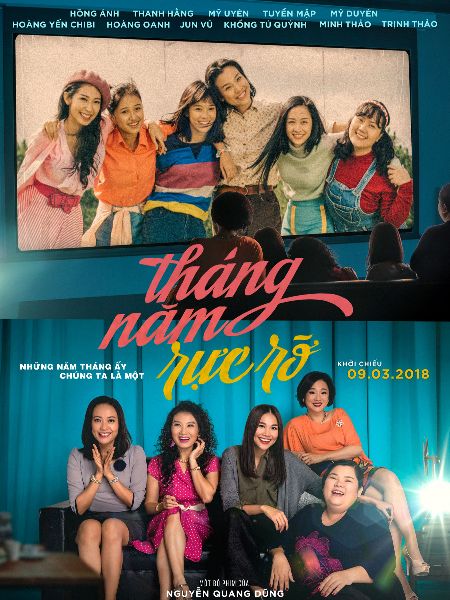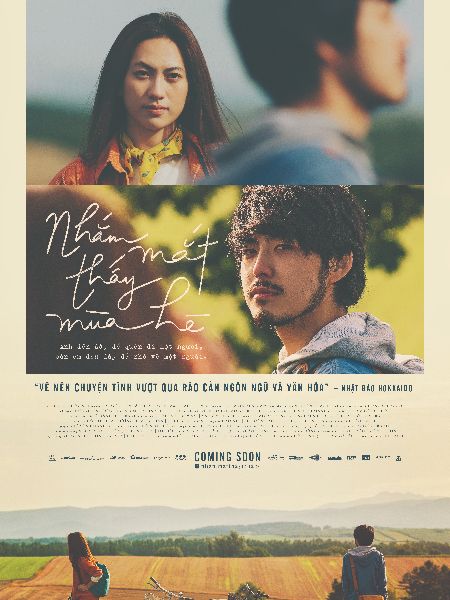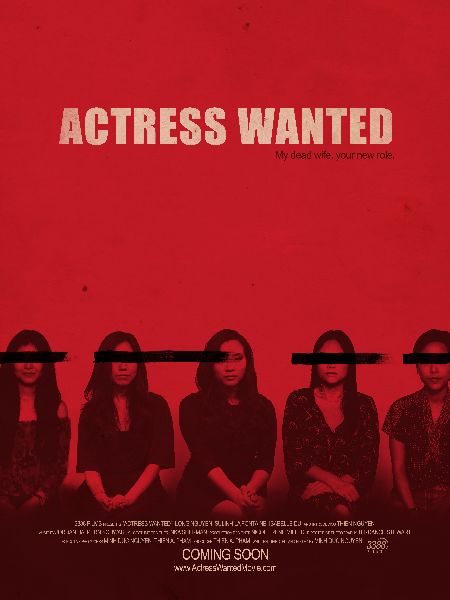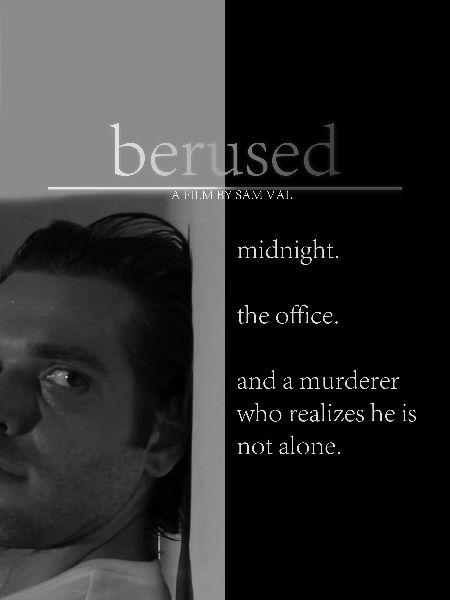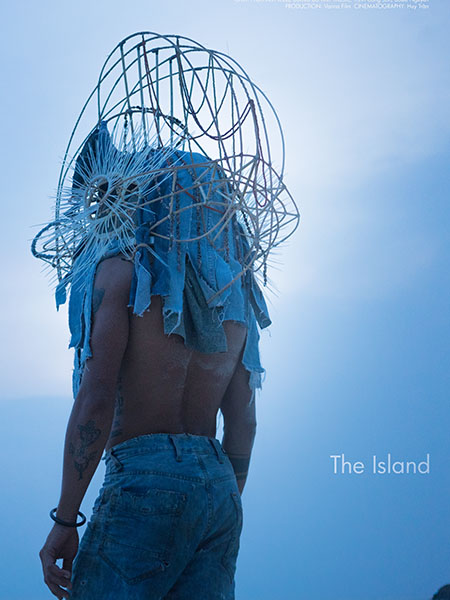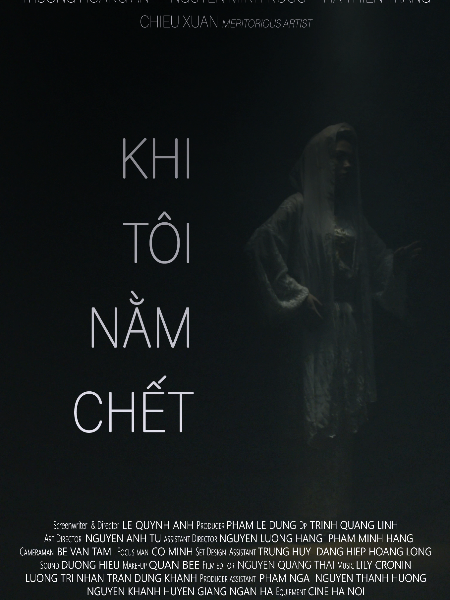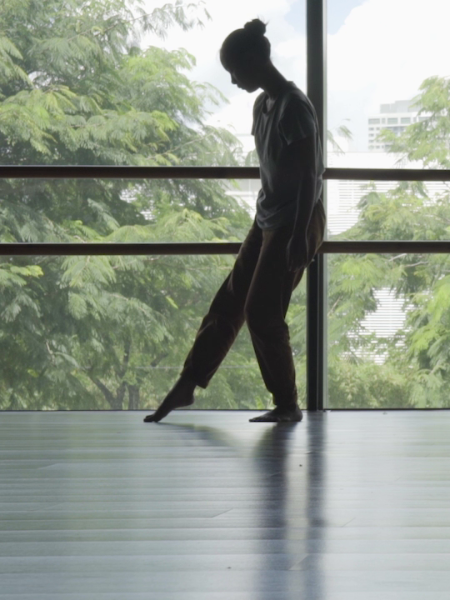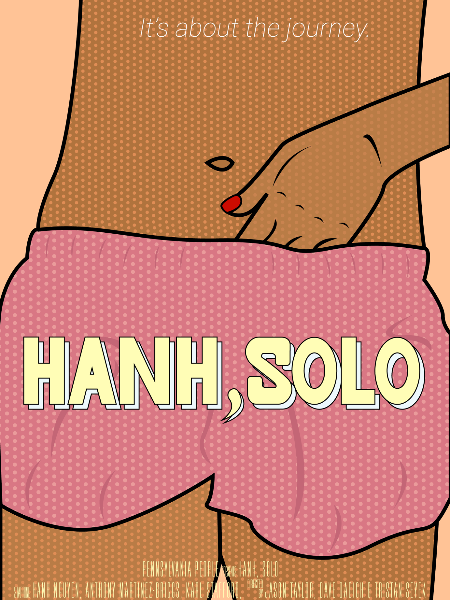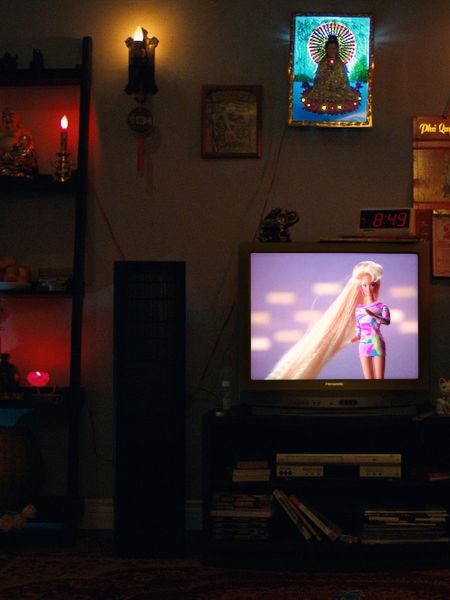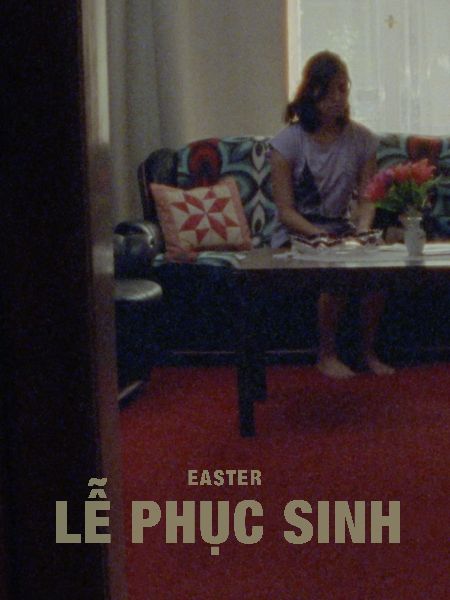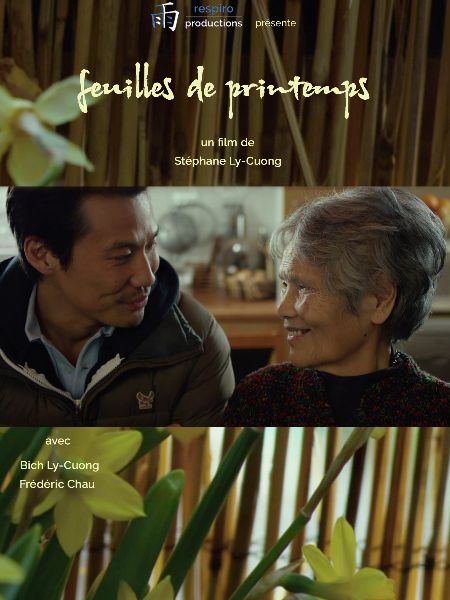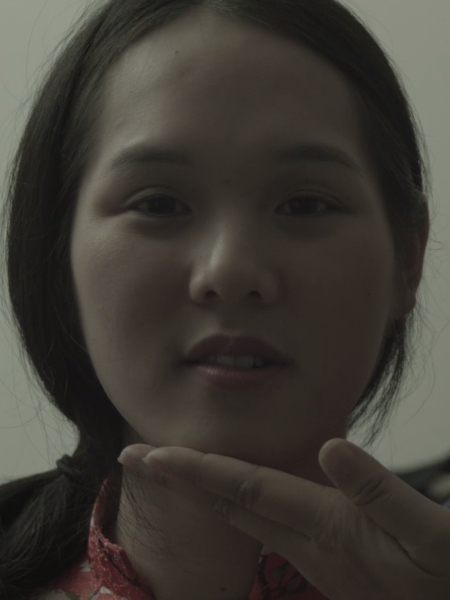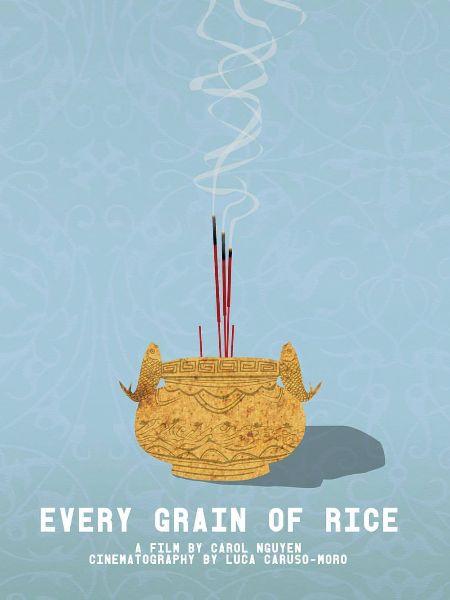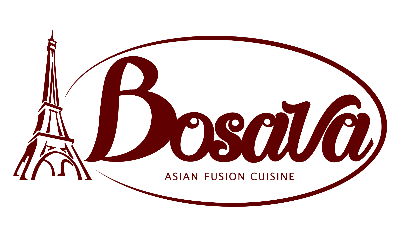Produced in USA | 2018 | 12 min
Language: English
Fri Oct 12 at 1:00pm-2:45pm
SET 2: FAMILY DYNAMICS IN THE DIASPORA
Buy Ticket Buy All Access Pass See Screening GuideTrailer
Synopsis
Although mental diseases are a global health issue, the cultural stigmas and traditions of being Asian play a major factor in how they are dealt with in the community. This is particularly true of Alzheimer’s, a disease which affects millions of Asians, yet in most Asian countries and cultures, a word does not exist to describe the disease. To further complicate these cultural stigmas, at the center of Alzheimer’s lies the intersection where filial piety and stigma meet with a lack of understanding of mental diseases. Why is there such a lack of awareness of mental disease in the Asian community? What contributes to all the shame and embarrassment of these issues? How does this all affect Asian Americans who have been raised in a different environment as the elderly? Although this documentary focuses on Alzheimer’s, the themes of family, stigma, and awareness apply to many aspects of Asian culture and the growing tension between Asian Americans and their immigrant parents.
Tóm Lược Nội Dung
Mặc dầu Alzheimer là căn bệnh toàn cầu ảnh hưởng tới hàng triệu người, phần lớn những nền văn hoá Á Châu không có từ để mô tả căn bệnh này. Phức tạp hơn, căn bệnh này bị xem là vết nhơ và sự xấu hổ, làm suy yếu mối liên hệ gia đình. Tại sao trong cộng đồng lại thiếu vắng nhận thức về vấn đề này? GAPS đem đến nhận thức trong bối cảnh sự căng thẳng đang tăng lên giữa những người Mỹ gốc Á và cha mẹ di dân của họ.
Peter Trinh

Director's Biography
Peter Trinh is a filmmaker and freelance writer based in Seattle. He is a first-generation Asian-American, born to Chinese immigrants from Vietnam. Originally from the San Francisco Bay Area, Peter is using writing and film to explore the complexities of the Asian-American identity. His directorial debut “Other”, released in 2017, discussed the stereotypes and racism against Asians, and was shown at the Boston Asian American Film Festival, Austin Asian American Film Festival, Houston Asian American Pacific Islander Film Festival, and numerous other college campus and conference screenings.
Director's Statement
In my second documentary, I wanted to explore a topic that has hit close to home with me, which is the topic of Alzheimer’s. My father-in-law is currently in the late stages of Alzheimer’s. I’ve witnessed the struggles that the family has gone through not just in caring for him, but to understand the disease initially and continually grasping with how it progresses and how to treat it. Most importantly and eye-opening though, is the social stigmas that have surrounded this situation and the pressure that the family has felt to take on the difficult burden of caring for him full-time, as it is expected in Asian culture. I hope that this documentary opens-up the discussion on the taboo topic of mental disease to Asian communities everywhere, from something as simple as what to call it (Chinese language still refers to people with Alzheimer’s as “old crazy people”), talking about the unrealistic expectation that the elderly have on the younger generation of Asians to be caregivers at any cost, and how the medical and professional industry needs to simply cater better to minority groups.
Credits
Producer:
Peter Trinh
Editor:
Peter Trinh
Additional Credits:
Alan Chun, Nikki Eller, Wesley Lum, Van Ta Park, Trang Tu, Catherine Wong, Michael Woo, Edie Yau
